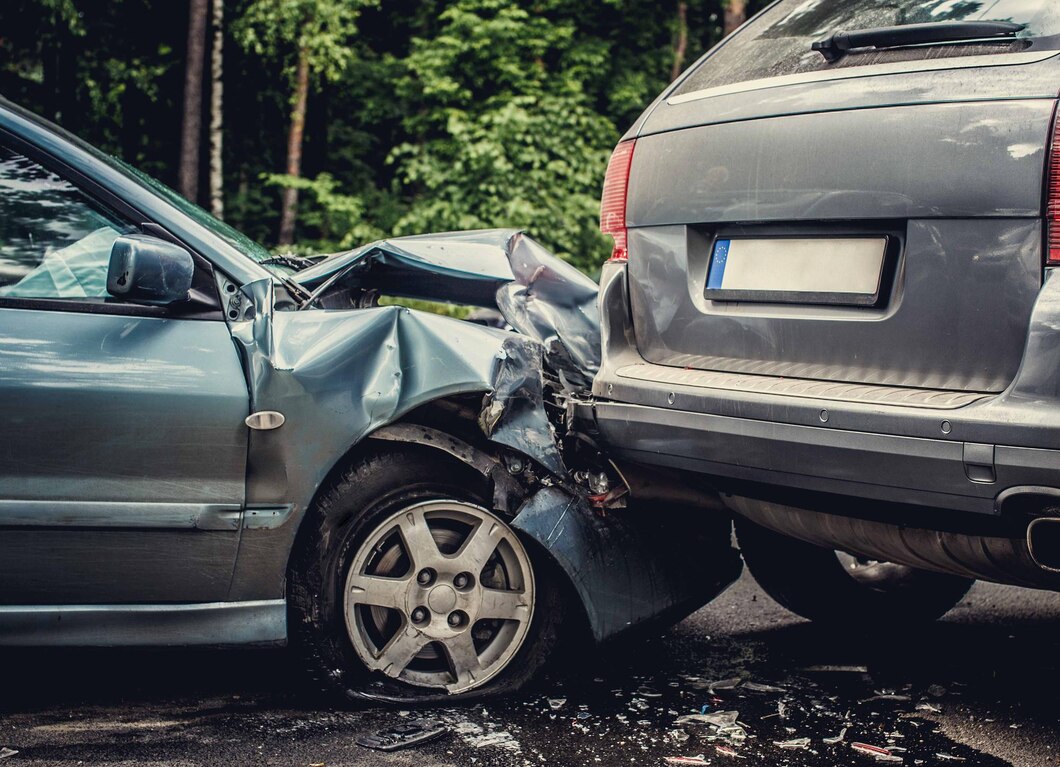When buying or selling a vehicle, one of the key factors influencing its value is its accident history. Understanding how past accidents affect a car’s worth can help buyers make informed decisions and sellers set realistic expectations. Here’s an in-depth look at the impact of accident history on car value and how it affects the vehicle market.
1. Depreciation Due to Accident History
A car with a history of accidents generally experiences depreciation compared to a vehicle without such a history. Even if repairs are carried out professionally, the fact that a vehicle has been involved in an accident can reduce its market value. Potential buyers often perceive cars with accident histories as less reliable or more likely to have underlying issues, which drives down their resale value.
2. Impact on Insurance Costs
Vehicles with a history of accidents may face higher insurance premiums. Insurers often consider accident history as an indicator of higher risk, which can lead to increased costs for coverage. This additional financial burden can be a deterrent for potential buyers, further impacting the vehicle’s value.
3. Potential for Hidden Damage
Accident history can indicate that a vehicle may have hidden or unresolved damage. Even after repairs, some issues may not be immediately apparent but could affect the car’s long-term performance and safety. Buyers are often wary of these potential problems, which can further reduce the vehicle’s value.
4. Reduced Buyer Demand
Many buyers prefer vehicles with clean accident histories, leading to reduced demand for cars with previous accidents. This lower demand can result in a decrease in the car’s resale value, as sellers may have to lower their asking price to attract interested buyers.
5. Importance of Repair Quality
The extent to which an accident impacts a car’s value also depends on the quality of repairs. Professionally repaired vehicles using high-quality parts and techniques might retain more value compared to those with subpar repairs. Documentation of repair work and assurances from certified mechanics can mitigate some of the negative effects on value.
6. Legal and Disclosure Requirements
In many regions, sellers are required by law to disclose a vehicle’s accident history. Failure to do so can result in legal repercussions and further devalue the car if the accident history is discovered later. Transparency is crucial for maintaining trust and ensuring a fair transaction.
7. How to Assess Accident Impact
- Obtain a Vehicle History Report: Services like Carfax or AutoCheck provide detailed reports that include accident history, repairs, and previous ownership. These reports are essential for assessing the impact of accidents on a vehicle’s value.
- Inspect the Vehicle: Have a trusted mechanic inspect the car for any signs of hidden damage or poor-quality repairs.
- Consider Market Trends: Research how similar vehicles with accident histories are priced to understand the market impact and adjust your expectations accordingly.
8. Negotiating Based on Accident History
When buying a car with an accident history, use the information from vehicle history reports and inspections to negotiate a fair price. Highlighting potential risks or needed repairs can help in securing a better deal. For sellers, being upfront about the accident history and providing repair documentation can help maintain credibility and facilitate a smoother transaction.
Accident history is a significant factor influencing a car’s value. It affects depreciation, insurance costs, and buyer demand, and can impact the overall perception of the vehicle’s reliability and safety. By understanding these effects and taking appropriate steps to assess and disclose accident history, both buyers and sellers can navigate the vehicle market more effectively and make informed decisions.











